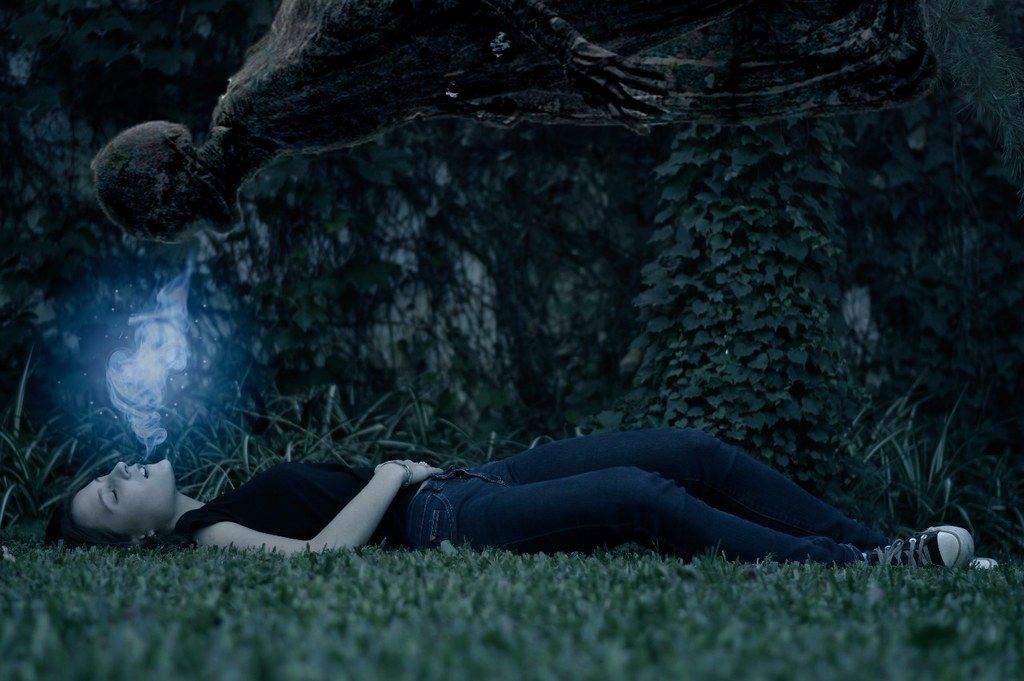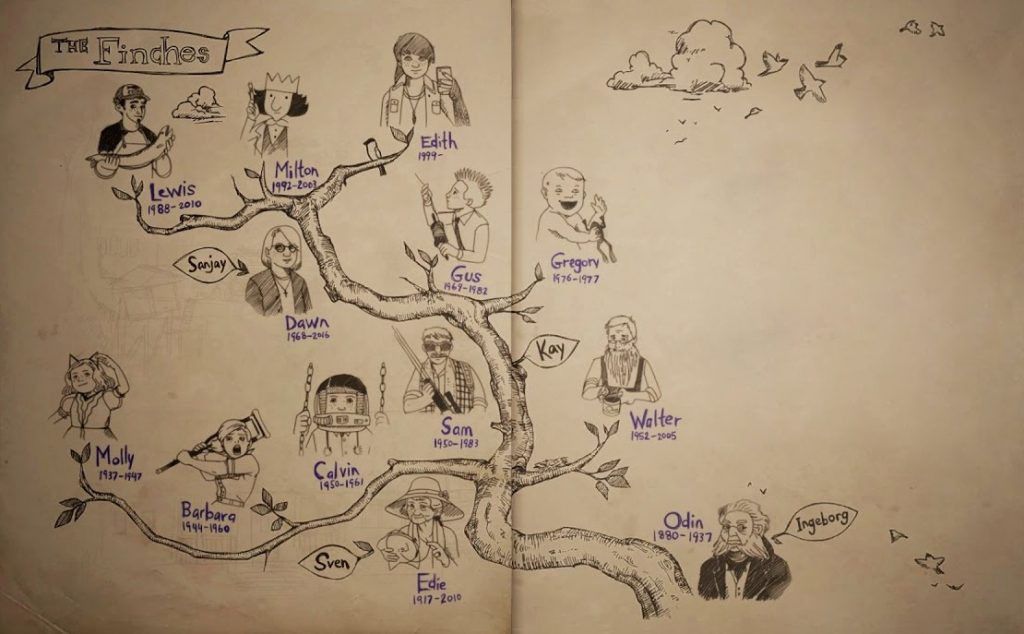Of Death and our Common Mortality
Remembering an old friend

Recently, I was reminded of my mortality and the surety of death. I found that I was able to ignore this fact so much so that even now, as I write about it, I am not able to get worried about it.
To illustrate this point further, let me tell you that it has been more than 20 days since I wanted to write something about this. Even though I could have never been able to say with 100% confidence that I would make it to now, 20 days ago, I still found myself postponing the moment that I sat down to write.
Death comes for us all
It is a strange fact of our day-to-day lives that we choose to ignore this looming shadow, the inevitable end that can be right around the corner. It is bordering on irony that what should have driven me to write this article on death faster ended up being sidelined itself.
Death is the ultimate truth in this world of illusion. What is real and what is not cannot be expressed by humans. Our senses tell us a story that is interpreted by the brain based on the signals it processes. Each of us perceive the world differently and this creates an illusion unique to each individual. Yet death seems to be a common denominator, the unchangeable reality we all have to face.
Stranger than Fiction
The Will Ferrell movie, Stranger Than Fiction, has an interesting perspective on the prospect of our impending doom. The movie features the protagonist Harold Crick (Will Ferrell), who starts hearing a voice that narrates his every action. The narrator follows him along in every little action, so much so, that they even hint at his upcoming death. Unclear on how it is going to happen, he seeks out help to prevent, what seems to be, the inevitable.
The movie deals with the age old question: Does knowing that you are going to die soon change the way you would live? It made me further ponder that question and arrive at the fact that isn't that the truth of each of our lives today. And yet we choose to live in denial. I guess it is hard to confront the harsh truth of our reality.
Living in the Past
We have all been guilty of it one time or another. We tend to think of the past and then lose ourselves in a sea of regrets. What we forget is the now and the future. Yes, mistakes were made in the past, but we have the present to make the change and move forward. Wallowing in regrets is not a productive use of the finite time that we have. Learning from our mistakes and make the most of the time is.
We have to move past the choices we made and make sure that we make our lives better. Death may greet us round the corner, but we should be ready to greet him as an old friend.
Losing a Loved one
There is one thing that gets us to deal with this head on. That is the death of a close one. It is like a wake up call that jolts our senses. What makes it even more painful is the absence of the person, who has passed on. There is the fact that we can never ever see them or talk to them again. This takes time to sink in. The closer we are to the person, the harder it hits us.
What remains of Edith Finch
A game which represents the impact of losing a loved one is What Remains of Edith Finch. It is tries to effectively present the passing of each member of the family. We play as young Edith Finch, who returns to her ancestral home. We go through a journey of discovering the history each of the Finches: cousins, uncles, aunts and siblings, and their tragic ends.

There is joy and sadness as I went down the family tree and learnt their stories. They say that there is a curse in the family and it seems so, right up till the end. The game makes us experience the last moments of the members of the family and the experience of death through their eyes. I couldn't help but feel a deep melancholy after finishing the game.
The game made me ponder on the finality of death and how impossible it is for us to get someone back. Any time a favorite character of mine dies in a movie or a book, I always hope for them to come back, to be resurrected. While that is possible and does happen at times, this is an impossibility in the real world. It is just wishful thinking.
Dealing with death is something that we have to learn to cope with. It is very difficult as we have somehow learnt to ignore it's permanence over time, and yet it blindsides us when we lose someone close to us.
Death and Harry Potter
Spoilers for Harry Potter follow. So, skip this section if you want to avoid it.
The Harry Potter series is one of my favorite series of all time. It played an integral part of my childhood and I found myself learning new lessons from it, every time I re-read it. Around this time, when I was contemplating about death, my mind went to the series again and how J.K. Rowling had represented it in the book. Looking back, I could see that death played an integral role in the series. Why, the supposed death of Voldemort by the killing curse, giving Harry his scar had set of the series of events of the novel.
Death is personified in multiple forms in the series, with the Dementors serving as an agent, representing the most darkest form that the loss can take. They literally feed on your happiness, and have the ultimate ability to suck out your soul. In its simplest form, the soul is represented as the essence that gives our body life, and death is represented by it's departure from our body, as illustrated by the Dementor's Kiss. There we see the connection of happiness and the soul and death in the Dementors (Perhaps I will dig deeper on the topic of Dementors in the future).
When Sirius Black is murdered at the end of the Order of Phoenix, Harry Potter is left devastated. As he tries to cope with his loss, there is a moment, where he finds himself split; he does not want to be with company or even be alone. His mind is taxed by the whole situation. In company, he yearns to be alone and in loneliness, he desires to be around someone. Death leaves us devastated. Unable to cope with the hole that is left in our lives.
Later, he even contemplates if Sirius will return back as a ghost. Now with a magical world, it is a possibility and yet he is informed of the fact that Sirius would have "moved on". The finality of death is expressed in this. Sirius has completed his calling on earth and moved on, but Harry still desires him back because he never did get a chance to live properly with his godfather apart from that one summer.
Rowling also represented the power of love against death in the sacrifice of Harry's mother to protect him. Could love stand against death? In some form, I believe it can. It reminds me of one of my favorite poems of Alexander Pushkin, "What does my name mean to you? (что в имени тебе моём)". It questions of what is the meaning of a name after our passing and goes on to show that all it requires is a memory, a whisper of the name to pay homage and thus, the memory lives on.
I now understand how well Rowling worked to ground the truth and the impact of death leading up to the end of the series.
After all, to the well-organised mind, death is but the next great adventure.
Not only does Harry have to deal with the death of his loved ones, he has to come to terms with his own death and willingly walk into it in the 7th book. The Deathly Hallows deal with the concept of conquering Death and yet the solution is to make peace with it, to make the most of life and walk towards Death willingly. Voldemort tries hard to overcome it, going so far as to split his soul and yet Death chases him. Harry, on the other hand, comes to terms with his mortality and is ready to sacrifice his life for the people around him.
Its brings up the questions: Have we made peace with the people around us? Are we ready to face our deaths head on? Are we ready to greet Death like an old friend?
Closing Thoughts
I believe Death and Life are two sides of a coin. One has no meaning without the other. Imagine life eternal, where we will always have a tomorrow. We would not find ourselves motivated to achieve our goals because there is always a tomorrow. Human greatness and advancements was achieved due to our mortality and realizing that will help us reach our greatest potentials as well.
“When I look back at the past and think how much time has been wasted in vain, how much time was lost in delusions, in errors, in idleness, in ignorance of how to live, how I did not value time, how often I sinned against my heart and spirit—my heart bleeds. Life is a gift, life is happiness, each minute might have been an age of happiness… not to be downhearted nor to fall in whatever misfortunes may befall me—this is life; this is the task of life.”
- Fyodor Dostoevsky
The fear of death should drive us to live a better life. Live each and every moment and cherish this drop of time on Earth. We get only one chance at life and in the words of the professor John Keating from Dead Poet's society: Carpe Diem (Seize the day).